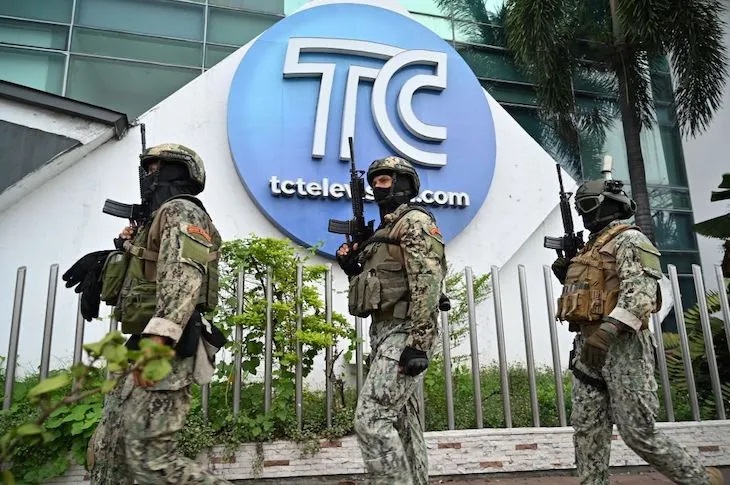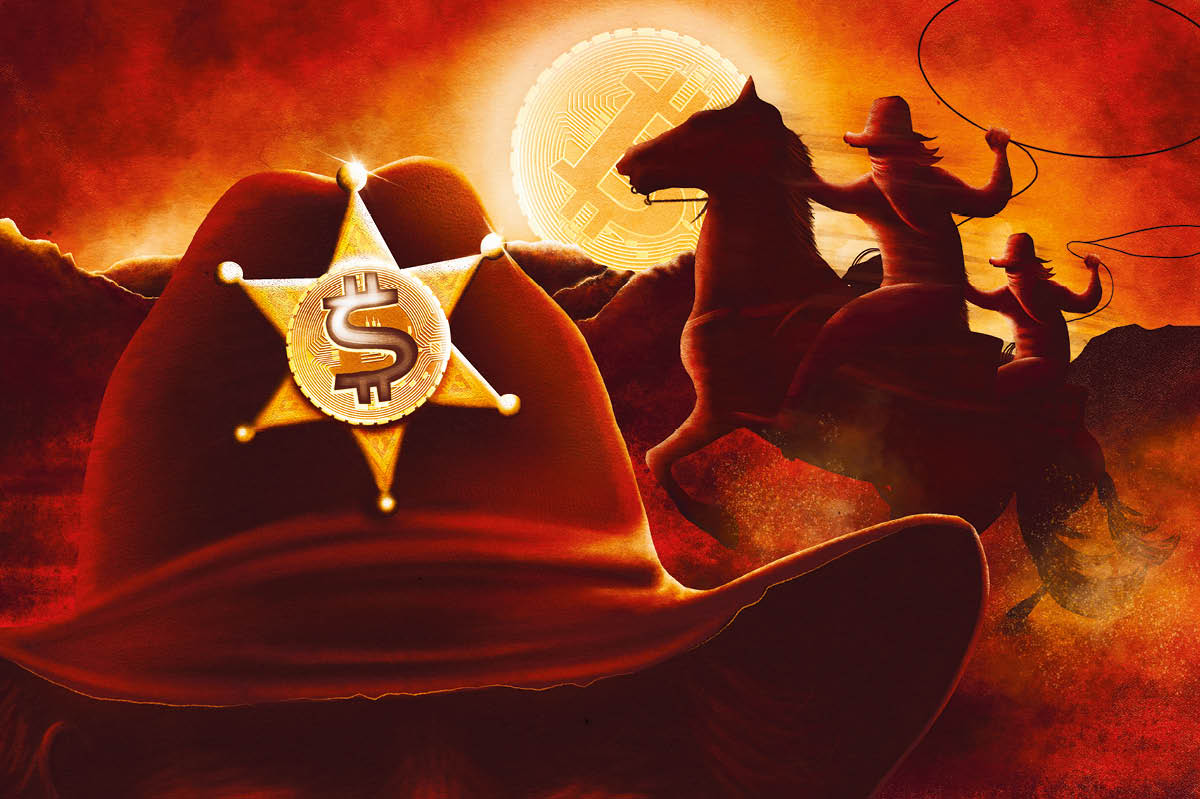If you’re reading this in El Salvador, you’re probably taking a break from street protests against President Nayib Bukele’s adoption of bitcoin as legal tender, enacted last week. This small, heavily indebted Central American republic abandoned its own currency, the colón, 20 years ago in favor of using the US dollar — and has enjoyed relative financial stability ever since. The populist right-wing president’s insistence on shifting to the unregulated, ultra-volatile virtual currency favored by gamblers and money-launderers will supposedly bring savings of $400 million a year in commissions on the remittances from expatriate workers on which his economy depends. But it creates a high-risk monetary experiment that excludes citizens who lack internet access and which the World Bank has declined to support.
In other states where weak financial governance makes crypto alternatives look interesting, from Nigeria to Ukraine, the outcome for El Salvador will be closely monitored. But anyone who thinks this sounds like a glimpse of a better future should read a Guardian essay by Sophie Elmhirst, headlined: ‘The disastrous voyage of Satoshi, the world’s first cryptocurrency cruise ship.’ A bunch of ‘seasteaders’ (libertarians whose dream is to live on lawless, untaxed floating utopias) bought a former P&O vessel, renamed it Satoshi after the mythical founder of bitcoin, failed to plan for any of the rules and practicalities of maritime operation, failed to sell any cabins, and were forced to abandon the scheme as ‘an unbelievably expensive mistake born of a desire to invent an entirely new way of living’. President Bukele’s crackpot currency switch is in much the same spirit; I just hope his country’s poor don’t suffer as a result.
This article was originally published in The Spectator’s UK magazine. Subscribe to the World edition here.

























